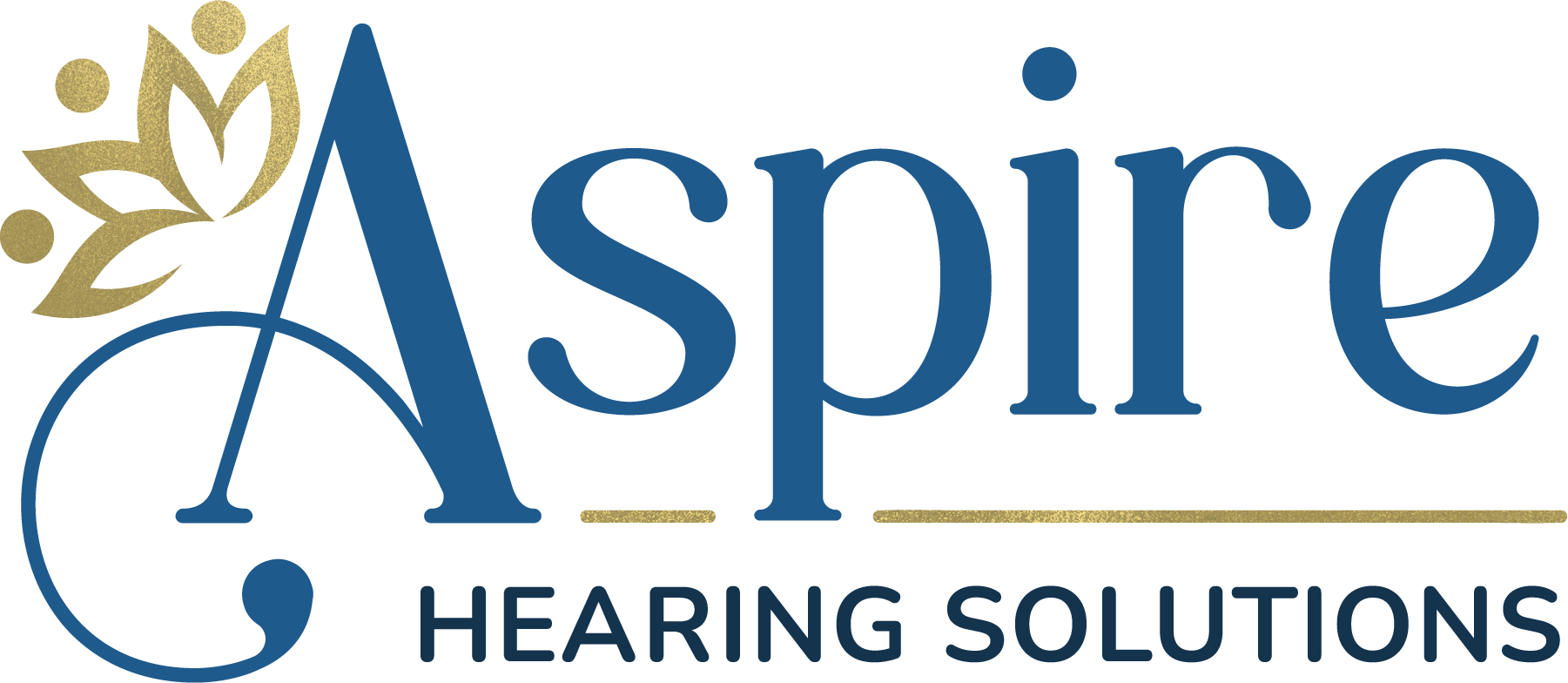
After you have become familiar with using your hearing aid, it becomes an important element of your everyday schedule. The likelihood of a breakdown can be unsettling, as it poses not only a disruption to everyday life, but also a substantial monetary burden in the form of repair or replacement costs.
How to properly care for your hearing aid
Comprehending what can damage your hearing aid and learning how to maintain it correctly will help you maintain its performance and ensure it continues to enrich your quality of life.
Proper battery care
The effectiveness of your hearing aid relies greatly on its battery. As a result, choosing the correct batteries for your hearing aid is essential. Consult with your hearing specialist to determine the ideal battery variety for your model.
It is equally important to handle the batteries with care. Oils, dirt, and moisture from your hands can contaminate the batteries, causing potential damage.
Always clean your hands before changing the battery, and be certain they are thoroughly dried to avoid introducing moisture into the device.
Adhere closely to the manufacturer’s directions, especially regarding battery maintenance. To prolong the battery life of your hearing aid, be certain to power it down when not using it and keep it stored in a safe , dry spot. Knowing the typical lifespan of a battery can also be really helpful.
Make a note on your calendar every time you replace the battery, so you can predict when it will need changing again. To avoid being caught without power, always bring a spare battery with you, especially when you’re away from home.
Prevent moisture damage
Hearing aids, being electronic devices, are vulnerable to moisture. Even brief contact can bring about harm or complete failure of the device. Protect your hearing aid’s functionality by acquiring a specialized drying device to maintain its functionality by getting rid of moisture. This device can securely store your hearing aid when it’s not being used, keeping it dry and free from moisture-related issues.
When engaging in physical activities that cause sweating, you might think about removing your hearing aid to prevent moisture damage. Consult taking off your hearing aid to exercise, particularly outside, with your hearing specialist, as doing so could jeopardize your safety by decreasing your recognition of important auditory cues, such as traffic noises or warning alarms. If necessary, go with indoor exercise where it’s safer to be without your hearing aid, and always remember to take out your device before showering or going for a swim.
Moreover, it is suggested to refrain from using spray deodorants, hairspray, and any other aerosol products when your hearing aid is in use. These products contain moisture and chemicals that can build up on the device, causing long-term damage. Apply these products before putting on your hearing aid to reduce exposure.
Manage earwax buildup
Although earwax serves as a natural shield, protecting your ears from debris, dirt, and tiny insects, it can also hamper the proper functioning of your hearing aid. Earwax can build up in the device, causing it to malfunction. For proper maintenance, schedule an appointment with your audiologist or doctor to assess the amount of earwax accumulation and establish an individualized cleaning plan tailored to your ears and hearing device.
It is important to clean your ears safely and never put anything foreign into your ear canal. As opposed to that, let warm water enter your ears while you shower. This can help in losening up and removing some of the earwax. Routine professional ear cleaning is also recommended. While this may seem inconvenient, it’s much less troublesome than managing a malfunctioning hearing aid caused by excessive earwax.
When it comes to cleaning your hearing aid, follow the manufacturer’s instructions carefully.
Various kinds of hearing aids may need specific cleaning methods, and using an incorrect technique might damage your device. If you’re unsure about the proper cleaning method, consult your hearing specialist or hearing aid provider to ensure you’re taking the correct steps to protect your device from earwax damage.
Simple methods to ensure lasting reliability
Once you get used to using your hearing aids, they become a crucial aspect of your day-to-day routine, making it hard to picture life without them. By applying a few basic safety measures, you can safeguard your hearing aids from damage and maintain their reliability over the long term. Regular maintenance, appropriate storage, and careful handling are essential to keeping your hearing aids in optimum condition, allowing you to keep enjoying the enhanced quality of life they supply.
If you are having troubles with your hearing aid or need to schedule a routine maintenance appointment, please arrange for a visit.
